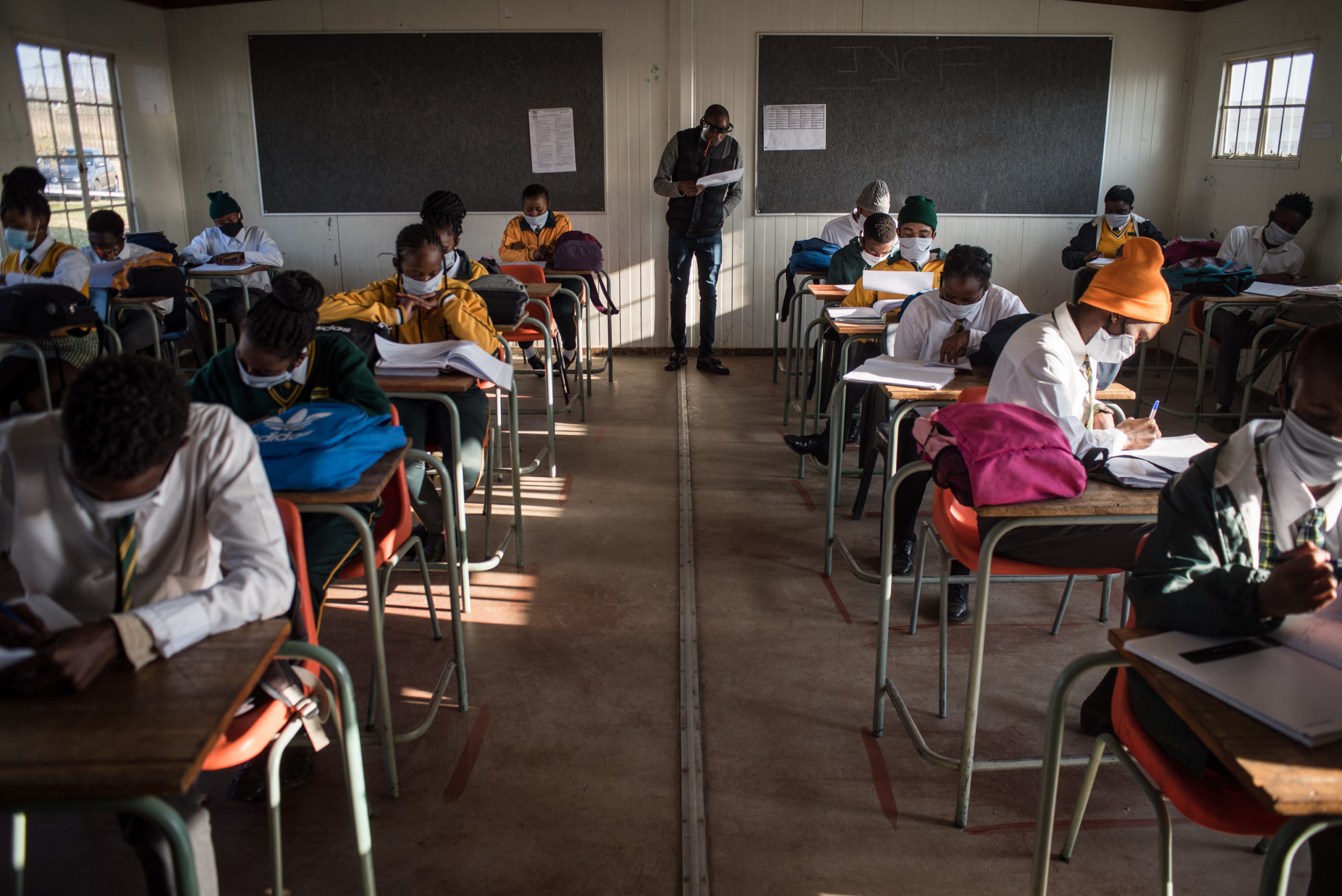Programme director of the Zero Dropout Campaign Merle Mansfield said repeating a grade could damage a child’s self-esteem and motivation, sometimes permanently.

There are mixed emotions about the impact of failing a grade on a child. The Democratic Alliance’s education spokesperson, Khume Ramulifho, said the pupil might feel they are not good enough and it might even cause them to drop out altogether.
In those cases, he said schools that teach skills such as welding, plumbing and construction could be the answer.
He added that repeating a year had sometimes led to bullying because of the age gaps between pupils.
The implications of repeating a grade:
Programme director of the Zero Dropout Campaign Merle Mansfield said repeating a grade could damage a child’s self-esteem and motivation, sometimes permanently.
“It also becomes expensive with at least 8% of the national basic education budget in 2018- 2019 spent on repeats.
“Furthermore, a high rate of repeats leads to many pupils being overaged for their grade. “This increases their odds of dropping out,” she added.
Mansfield said that by Grade 4, a third of the pupils were already at least one year overage and by Grade 12 the proportion had increased to 55 to 59%.
More than one in five pupils who reached matric were at least three years older than the norm. “On the other hand, pushing a pupil up to the next grade before they are ready is also not ideal.
“It could lead to them falling behind even further and having even greater learning inequalities in the higher grade,” she said.
But she pointed out that repeating a grade without remediation did not serve the correct purpose. “For pupils to benefit from repeating a grade, we would need to offer additional support like psychosocial and academic support for them to be able to grasp concepts they previously missed,” she said.
“In developing countries like South Africa, our already stretched education system does not have the systems to offer this additional support,” she said.
But research showed that South African children who repeated early grades made impressive learning progress in the year repeated.
“We must, however, be cautious of making the wrong pupils repeat grades, with big psychological costs for the pupils. “In an ideal world we would want to intervene before pupils fail and call in the right type of support pre-emptively,” she said.
Hoërskool Wonderboom principal Marius Lezar said pupils felt insecure about participating in sports groups in higher grades.
Lezar said that according to the respective sports bodies’ directives, pupils were not allowed to participate in sports groups comprising participants who were older than them.
“That’s why we always accommodate the Grade 7 primary school children to participate with us if they are a year older than their grade,” he said.
Lezar said it became easier in high school because pupils could participate in the open teams from Grade 10 onwards. “The sad thing is that parents often do not give the necessary support,” he said.
ALSO READ: Number of children not attending school tripled in 2020 due to Covid-19 – Stats SA
Support Local Journalism
Add The Citizen as a Preferred Source on Google and follow us on Google News to see more of our trusted reporting in Google News and Top Stories.






